Oppression of Kwara South: separating fact from fiction
By Titilope Anifowoshe
Democracy is often defined as the government of the people, by the people, and for the people. However, this concept is inherently complex, thriving on the proposition of majority votes, majority will, and majority preference. As we celebrate Democracy Day in Nigeria, I find myself reflecting deeply on the nature of democracy as practiced in Kwara State. The question that lingers is: Do we have a Kwara defined by democracy or by politics?
Consider the recent decision by the Kwara State Government to convert the College of Education Ilorin into a University of Education, bypassing the College of Education Oro. The rationale given was “ease of takeover and logistical advantage,” but this decision raises profound concerns about equitable development across the state. In 2023, the government made an open call for memoranda and proposals for the location of the proposed Kwara State University of Education. This participatory approach by Governor AbdulRahman AbdulRazaq’s administration was commendable and seemed a step toward building the Kwara of our dreams.
Stakeholders from Kwara South, North, and Central presented compelling arguments for the conversion of colleges in their respective regions. As a Kwara Southerner, I was particularly convinced by the propositions from my region. My husband and I took our time to research and submit a memorandum advocating for the College of Education Oro to be converted into a University of Education. My brother Adetola also made a submission, each hoping to see our region finally receive the attention it deserves.
Kwara South, with its seven local government areas, has the highest number of LGAs in the state. Despite this, it has only one state-owned tertiary institution, compared to multiple institutions in Kwara Central and North. This disparity underscores a significant imbalance in the distribution of educational resources, which in turn affects the overall development of our region. While Ilorin, our capital city, has benefited significantly from hosting numerous institutions, achieving the broader aspirations of Kwara requires a commitment to balanced development across all regions.
The decision to convert COED Ilorin into a University of Education and appoint a Kwara South-born educationist as the Vice Chancellor of Kwara State University should prompt introspection rather than celebration. Although some from Kwara South may see this as a victory, it should be a call to examine deeper issues. I see youths calling out elected officials, agitating about perceived second-class status, and lamenting disunity among Kwara Southerners. Sadly, disunity is a reality we must confront. Despite being part of the same region, Kwara Southerners often fail to unite, treating unity as a matter of convenience rather than sustainability.
Reflecting on this disunity brings to mind the wisdom of my late father, who often lamented our lack of cohesion. This is not just a political issue but a cultural one. As individuals, many of us have experienced more kindness from those outside our region than from our own. This reality is a stark reminder that our internal divisions are as much a barrier to our progress as any external factors.
My grievance with the Governor’s decision regarding COED Oro does not diminish my admiration for his developmental efforts in Kwara South. However, these efforts are insufficient compared to the progress seen in Kwara Central. Who is to blame for this imbalance? How much influence and pressure have we exerted on the administration to secure more development for our region? We must not settle for occasional gestures of progress but push consistently for comprehensive development.
Consider the stalled project of Kwara State University’s campus in Osi. In March 2022, the government announced funds for the project, giving the contractor ten months to complete it. Now, 28 months later, little progress has been made, and few voices or none from Kwara South, including mine, have raised concerns. We cry about injustice yet remain silent on critical issues affecting our development.
In the face of Ilorin Emirate’s apparent supremacy, the best Governor AbdulRazaq can do to address our grievances is to expedite the construction of the Kwara State University satellite campuses in Osi and Ilesha Baruba. Furthermore, we Kwara Southerners must stop resenting Ilorin Emirate and instead learn from their dedication to promoting culture, heritage, and regional development. We must cultivate a similar commitment to our region’s growth and infuse this love into our offspring.
Beyond the political landscape, this issue speaks to the broader themes of governance, equity, and collective responsibility. Democracy is not just about elections; it is about the continuous, active engagement of citizens in shaping their society. It is about holding leaders accountable and ensuring that development is inclusive and equitable.
Democracy demands active participation and equitable development. Kwara Southerners must rise above disunity and political convenience to advocate for sustained progress. Let us stop oppressing our region for short-lived political gains and strive for a Kwara that reflects the aspirations of all its people. As we ponder these issues on Democracy Day, let us remember the words of Nelson Mandela, “Democracy is not a product that can be bought or sold. It is a value that must be nurtured and protected.”
Dear Kwara Southereners, are our hands truly Clean?
Congratulations to Prof. Sheikh!
God Bless Kwara State.
Titilope Anifowoshe is an angry bird from Igbonla, Irepodun LGA.
titilopeanny@gmail.com

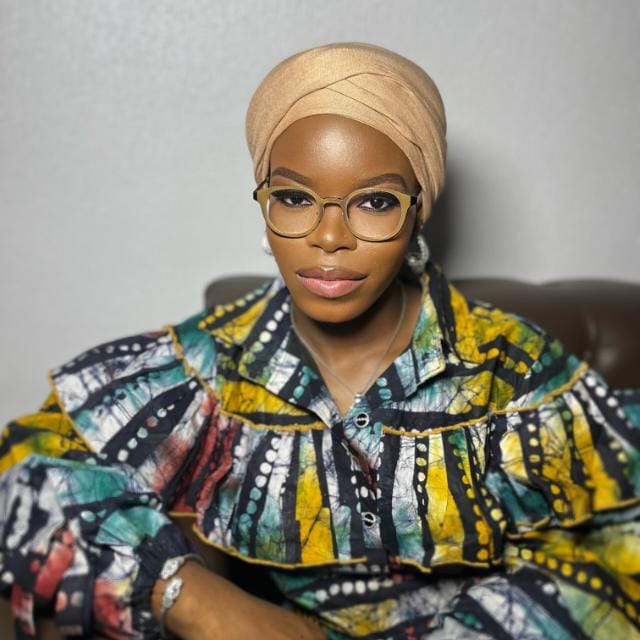
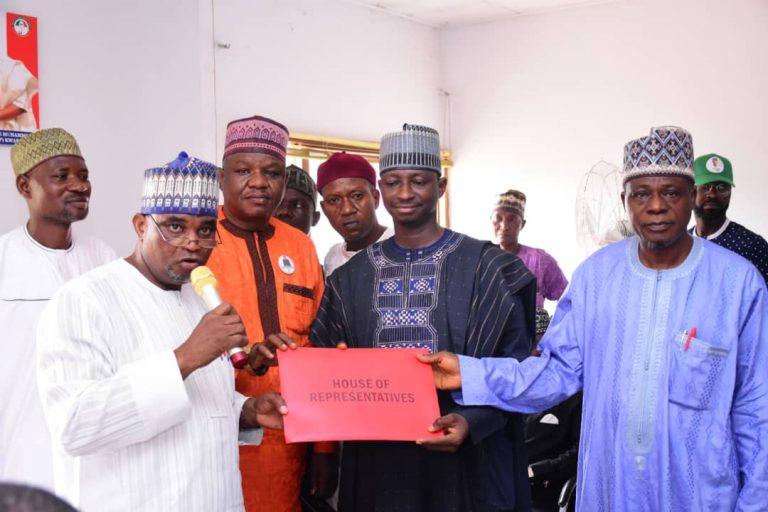
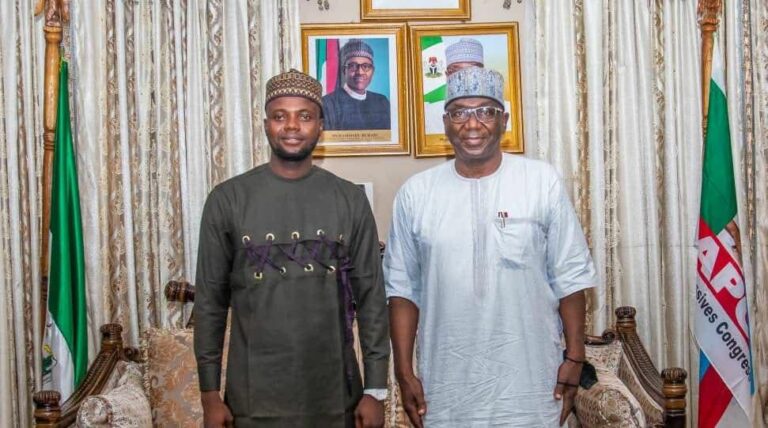
![[Op-ed] 2019 budget implementation: A great feat achieved](https://theinformant247.com/wp-content/uploads/2020/08/FB_IMG_1598635148739-768x432.jpg)
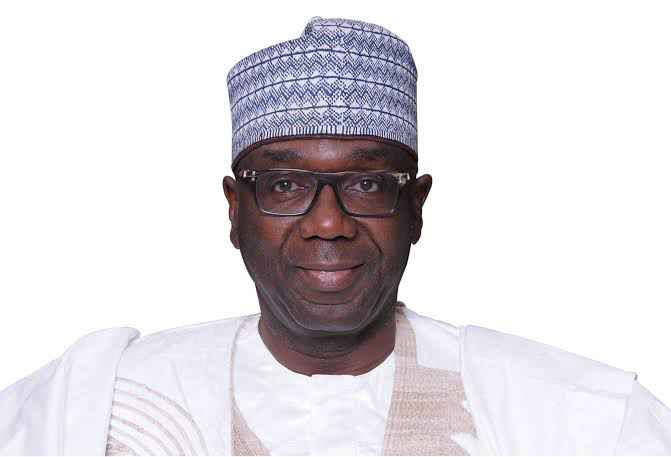
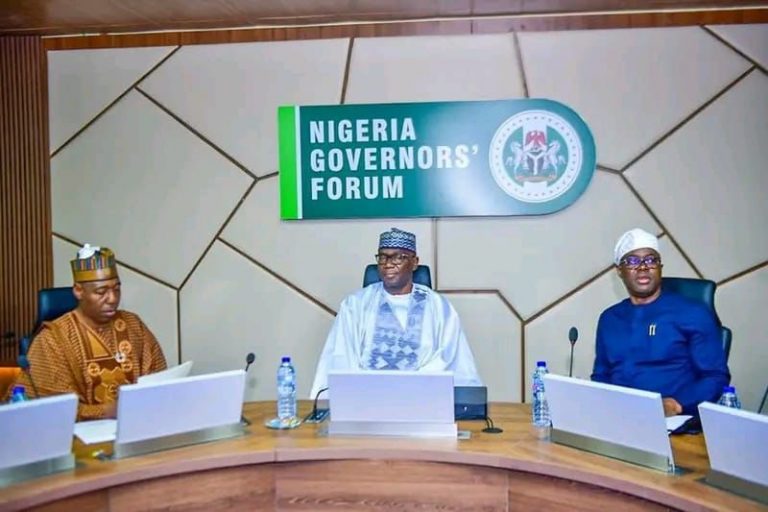
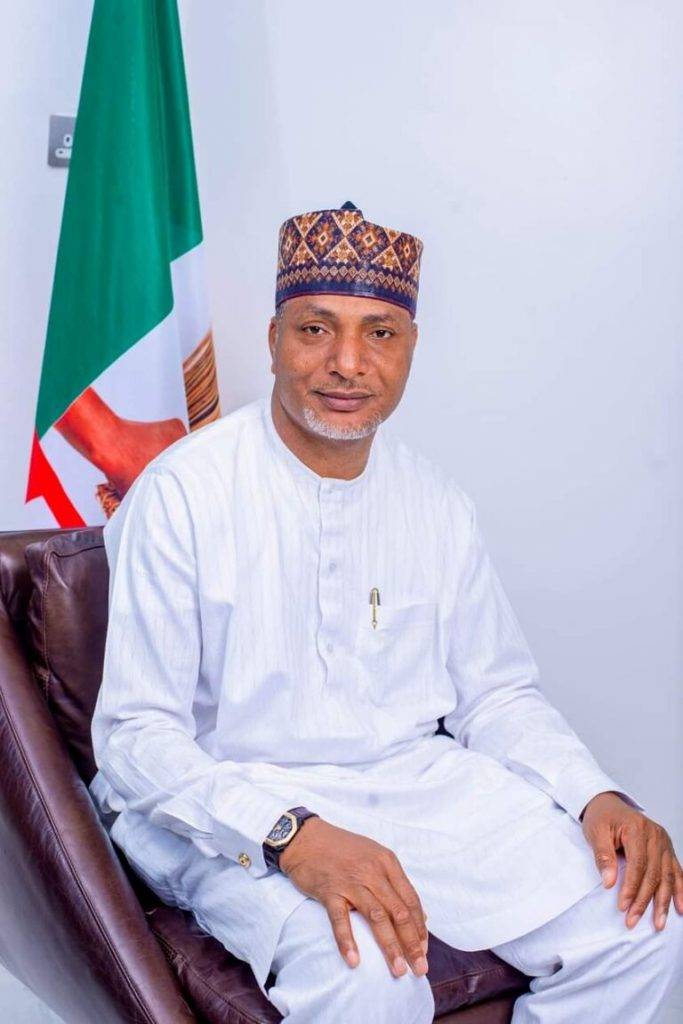
This is day light robbery !it’s very unfortunate that the governor could settle for a senatorial district that have more than enough in terms of everything.